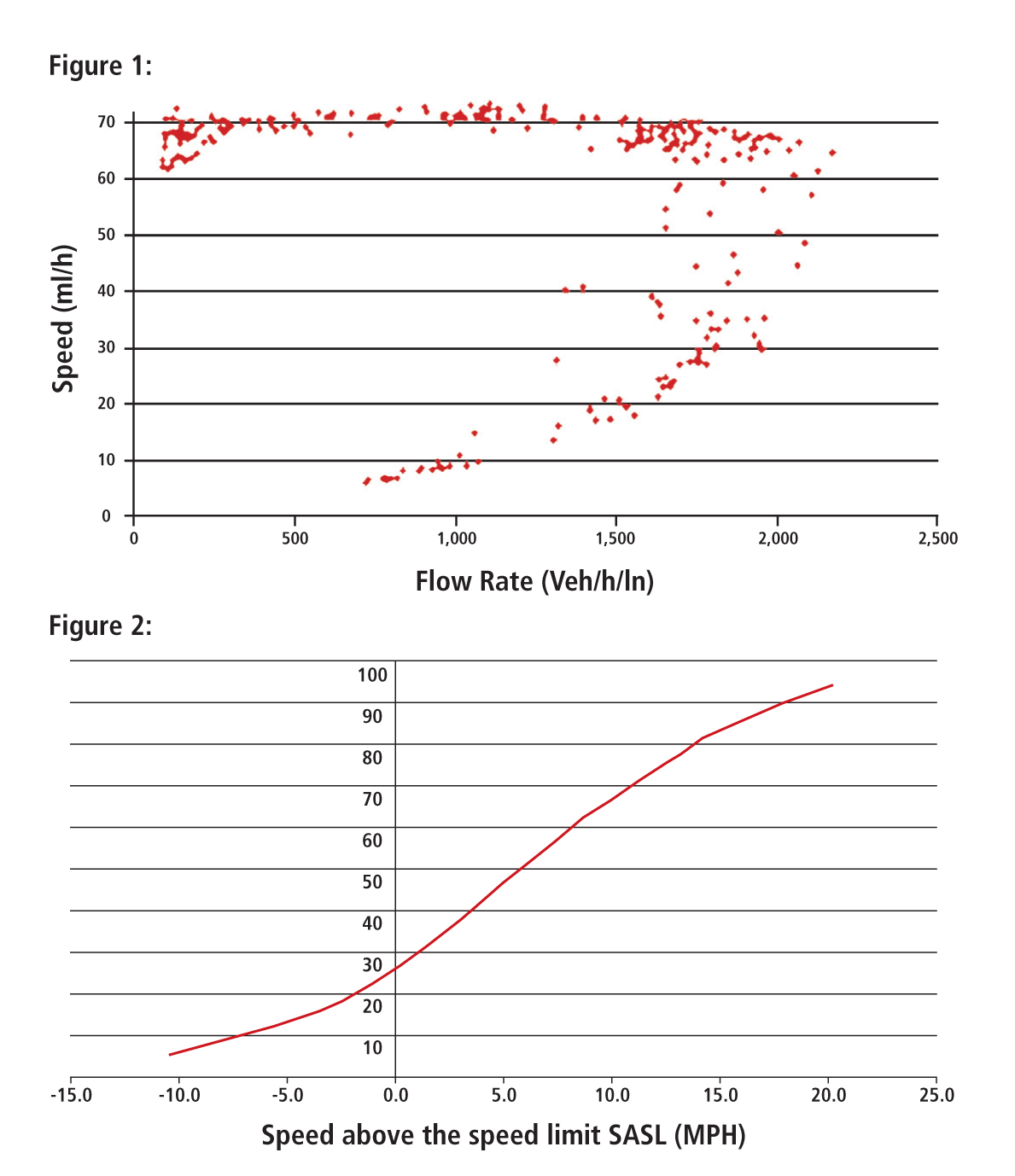ALMAGuide, developer of the Advanced Lane Management Assist (ALMA) advanced lane guidance technology for cars and trucks on freeways, has received approval for two US patents.
These describe technology that takes information from centralised traffic management control centres, conditions the data and uses proprietary algorithms and propriety data structures to tell the vehicle (either with driver or driverless) both the best lane to be in on the highway, based on traffic flow several miles ahead of the
RSS8449 ALMAGuide, developer of the Advanced Lane Management Assist (ALMA) advanced lane guidance technology for cars and trucks on freeways, has received approval for two US patents.
These describe technology that takes information from centralised traffic management control centres, conditions the data and uses proprietary algorithms and propriety data structures to tell the vehicle (either with driver or driverless) both the best lane to be in on the highway, based on traffic flow several miles ahead of the vehicle, and the most appropriate speed for the vehicle. ALMA also applies and adapts the lane guidance technology for trucks.
ALMA contains three major components: ALMA Management Center (ALMAMC), which obtains lane-based traffic data from traffic management centres or other sources, conditions it and develops parameters and other information in a reference frame that is specifically formulated to address lane selection requirements. This information will be used by the vehicle application software.
The Guidance Assist Vehicle Module (GAVM) uses ALMAMC data and accepts information from the vehicle operator on his driving preferences and other information. It also accepts information from the vehicle (position, speed, and destination). It provides lane choice and target speed recommendations using cellular based technology or other communication techniques.
Since trucks require a different set of algorithms for optimal lane choice and target speed selection, the ALMA Truck Vehicle Module (ALMATR) uses data from the truck and truck operator and provides recommended lane and target speed for the truck.
These describe technology that takes information from centralised traffic management control centres, conditions the data and uses proprietary algorithms and propriety data structures to tell the vehicle (either with driver or driverless) both the best lane to be in on the highway, based on traffic flow several miles ahead of the vehicle, and the most appropriate speed for the vehicle. ALMA also applies and adapts the lane guidance technology for trucks.
ALMA contains three major components: ALMA Management Center (ALMAMC), which obtains lane-based traffic data from traffic management centres or other sources, conditions it and develops parameters and other information in a reference frame that is specifically formulated to address lane selection requirements. This information will be used by the vehicle application software.
The Guidance Assist Vehicle Module (GAVM) uses ALMAMC data and accepts information from the vehicle operator on his driving preferences and other information. It also accepts information from the vehicle (position, speed, and destination). It provides lane choice and target speed recommendations using cellular based technology or other communication techniques.
Since trucks require a different set of algorithms for optimal lane choice and target speed selection, the ALMA Truck Vehicle Module (ALMATR) uses data from the truck and truck operator and provides recommended lane and target speed for the truck.










